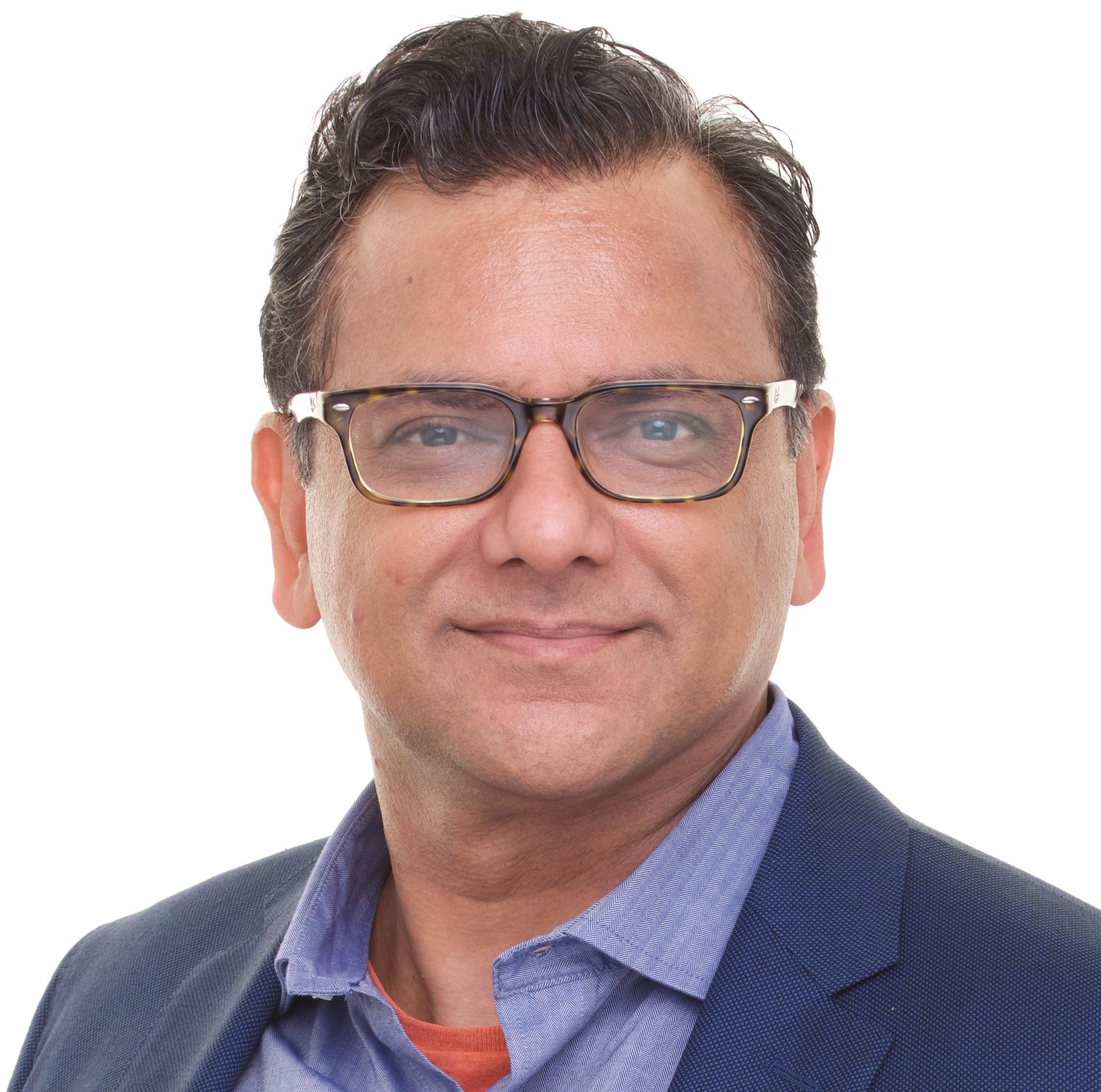In Search of Meaning, Ending in Extremism: How Social Media Can Radicalize Young People in Amsterdam and Mumbai
Social media can amplify extremist religious ideologies. Researcher in media, ethics, research, reputation management, and innovation Clyde A. Missier describes how this occurs among people aged 18–35 in Amsterdam and Mumbai, and offers suggestions on how to combat the threat of radicalization.
"Highly educated religious youth in Amsterdam and Mumbai, India are increasingly turning to social media platforms like Instagram, TikTok, and YouTube in search of meaning," says Missier. "They use religious content from influencers like Mufti Menk, Sadhguru, and Andrew Tate as inspiration, religious authority, or as a source of knowledge about their own religious background and identity."
"But the downside is that they are also increasingly exposed to extreme visual content and hate speech, driven by social media algorithms. In today’s digital landscape, conservative and orthodox religious groups are often viewed with skepticism or disdain. They are negatively framed as 'Christian fundamentalists,' 'Islamists,' or 'Hindu devil-worshippers.' Combined with growing sympathy for far-right rhetoric in mainstream media, this pushes them toward digital niche platforms such as CestMocro."
"This can result in some of these young people—especially those already experiencing fear, stress, or discrimination—developing greater empathy for religious fundamentalist views and eventually radicalizing. In my research, I also offer suggestions for how such radicalization can be countered. That effort needs to go beyond the online world. Digital media is only one piece of a larger puzzle. What’s also needed are school lessons addressing sensitive societal issues."
More information on the thesis
